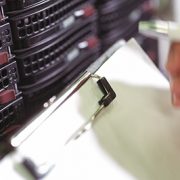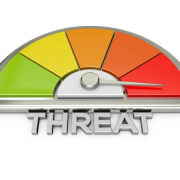Should You Encrypt Your Laptop?
I read an article earlier this week about a billing vendor employee whose laptop was stolen and although it was password protected, the data was not encrypted, possibly exposing confidential data on 3,500 students.
Many of our past posts dealt with security issues such as password protection, malware and virus protection, etc. and that’s what many articles on the internet are concerned with. However, many times data is pinched the old fashioned way — by simply stealing the whole computer!
If you are a business owner or employee that uses a laptop or carries around USB drives containing confidential data, then the prudent thing to do is encrypt the drive to prevent unauthorized access to the information.
Many people think that a logon password will protect them from unauthorized use. This is not the case. If your laptop is stolen, a thief can simply remove the hard drive from the computer, hook it up to another PC and get full access to the drive, bypassing the logon password altogether.
Encrypting your laptop’s hard drive gives you maximum protection, since access to the drive requires a password to decrypt the data so you can read it. This is true even if the hard drive is removed and plugged into another computer. Simply put — if you don’t have the password or key to unlock the data, you cannot access it.
The good news is that Microsoft’s BitLocker allows you to encrypt your entire hard drive if your PC meets certain requirements, such as:
- You must be running Enterprise or Ultimate versions of Windows Vista or Windows 7; or Windows 8 Professional or Enterprise versions.
- It’s best to have a Trusted Platform Module (TPM) chip along with a Trusted Computing Group (TCG) Compliant BIOS, version 1.2 or higher. Bitlocker will store the key in the module. If you do not have a TPM chip, BitLocker will use a USB or flash drive to store its key.
- If you are using a USB drive for the BitLocker key, the BIOS must be able to read the USB upon startup.
If your laptop doesn’t meet BitLocker’s requirements, there are other third party products you can use. Just make sure you fully investigate them before using any third party product.
Caution: before installing any program that makes extensive changes to your system, always do your own research and make a complete backup of your drive first. It’s best to have your Managed Services Provider (MSP), such as XSolutions, make these changes for you rather than attempting to do them yourself.











